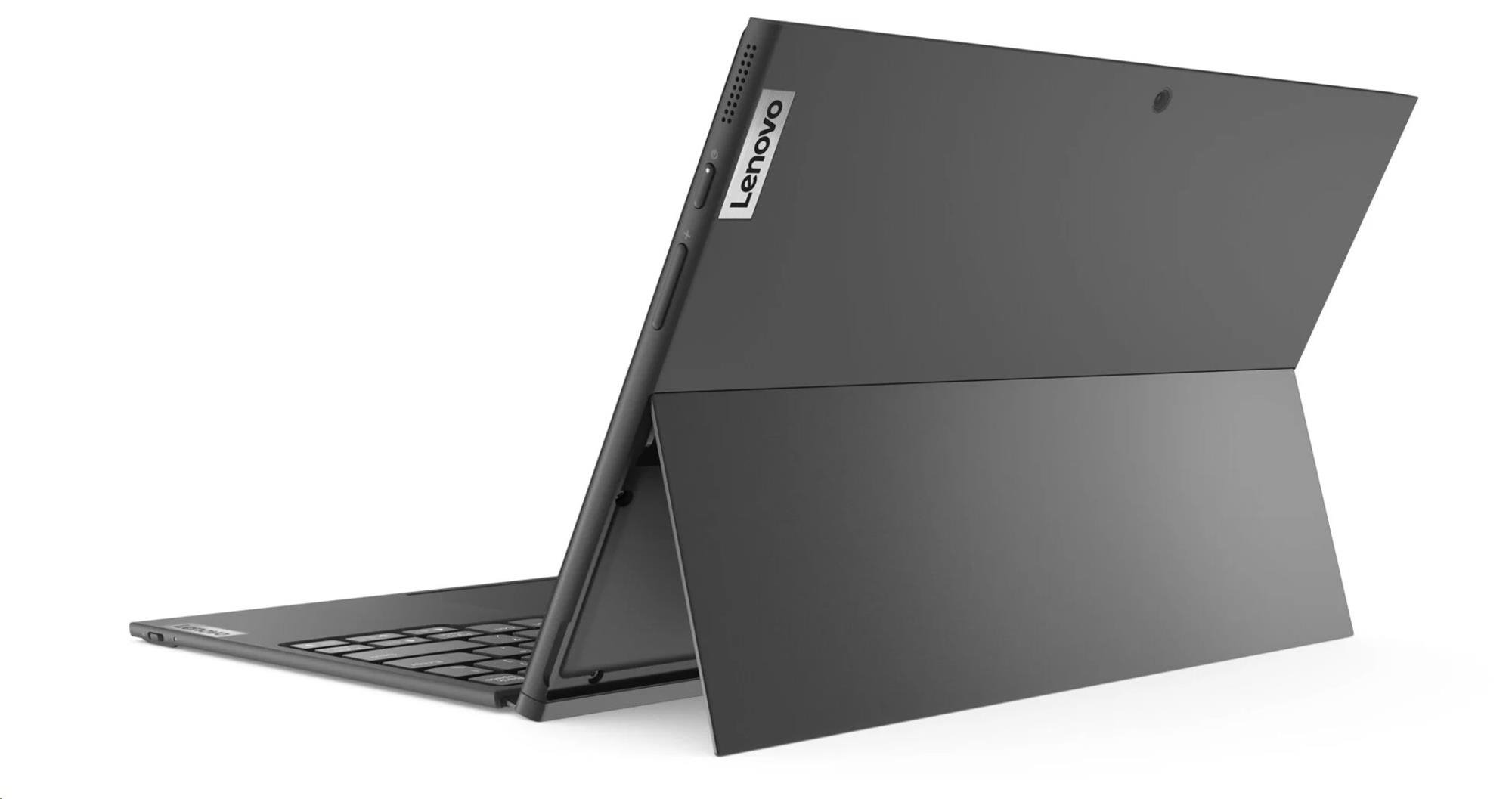

Here is how the Lenovo IdeaPad Duet 5 Chromebook performed in our suite of benchmark tests:īattery Life (TechRadar movie test): 16 hours 20 minutes The other accessibility criticism we had of last year's Duet Chromebook – that the magnetic kickstand could be a pain to extend at times – still remains.Ī pullable tab or lanyard here could easily fix this deficiency, but it looks like we might have to wait until next year for a better design here (or, you can pick up Microsoft's Surface Adaptive Kit, which will work with any device, not just the Microsoft Surface Pro 8). Our fingers encountering enough friction to give us some uneven swiping and gesturing, but it's not bad enough that you can't get used to it and adjust the amount of pressure you're applying appropriately. The keys on the Duet 5 Chromebook keyboard aren't backlit, like its predecessor, and the keyboard itself is still pretty flimsy, also like its predecessor. This is in contrast to last year's 10.1-inch, 16:10 ratio model, which was a better tablet than a laptop, owing to the cramped keyboard. I'd be hard-pressed to use it as an all-day, every day device – but if I only wanted to spend $400 on a laptop, I'd also be hard-pressed to think of an overall better option.At this size and with a 16:9 screen ratio, though, this is much more of a laptop that can operate as a tablet, as it is a bit unwieldy. If those flaws aren't fatal, the Lenovo Duet 3 makes a great second or travel laptop.


And potentially most important, there's no headphone/audio jack. You've only got two USB-C ports for charging, which can be limiting (but it's also the same as a MacBook Air). Any USI pen will do, and there's a rubber holder that snaps into the back cover if you decide to get the official Lenovo version, which is $35. The keyboard cover is included, but a stylus is not. While most apps and cloud services here worked as expected, I couldn't get Adobe's beta cloud version of Photoshop to run, instead getting an incompatible browser message.Īnd while I like the Duet overall, there are a few other things that might be a dealbreaker for you. You still run into occasional compatibility issues with Chromebooks. In this particular case, I had trouble getting my Bluetooth controller recognized by the Xbox cloud gaming app, so I hardwired my controller via USB-C. If you have a solid internet connection, it can be a very satisfying alternative to downloaded games, and cloud gaming is only going to become more and more mainstream. For that, I played via the Chrome browser.

I also tried cloud gaming via Xbox Cloud Gaming.


 0 kommentar(er)
0 kommentar(er)
